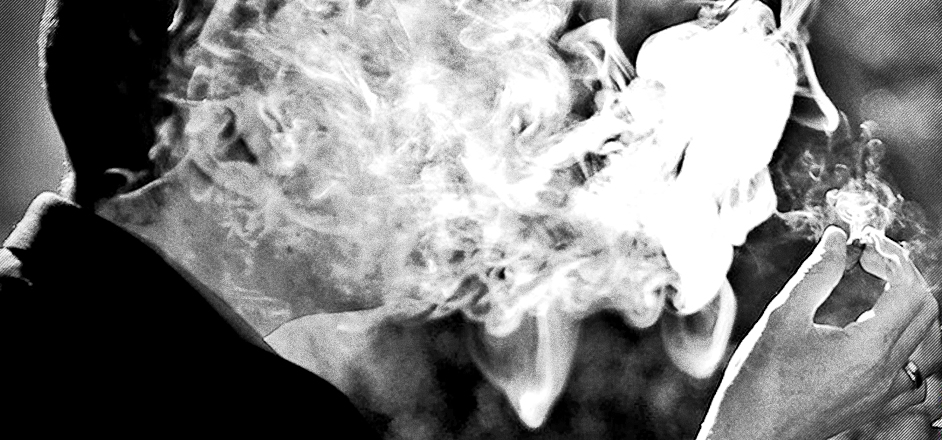States with easy access to marijuana often have the least drug problems. Meanwhile, prohibitionist states often have the worst.
That's according to government data compiled by the website WalletHub.
The ten states with the worst drug problems are:
1. The District of Columbia
2. MIssouri
3. New Hampshire
4. Michigan
5. West Virginia
6. New Mexico
7. Indiana
8. Rhode Island
9. Kentucky
10. Pennsylvania
None of those states have adult recreational marijuana stores (although the District of Columbia has decriminalized pot but there isn’t anywhere to buy it).
WalletHub studied drug health issues and rehab, law enforcement and drug use and addiction — including marijuana (more on that later).
There are many explanations for why drug problems are worse in prohibitionist states.
But one idea is that there's a correlation between opioids — painkillers that including heroin and vicodin, which led to 20,000 overdose deaths last year — and marijuana. The biggest opioid problems tend to be in prohibitionists states. Alabama and Arkansas have the most opioid prescriptions person, and West Virginia and Ohio have the most overdose deaths.
And since weed is often used to treat pain, it's possible that it's lowering opioid use.
"In states that have legalized marijuana, the number of opioid prescriptions tends to be a lot lower," said Jill Gonzalez, an analyst for WalletHub. That could have a lot to do with income. Weed-legal states like California and Colorado tend to be richer and healthier than prohibitionists states like West Virginia and Missouri. And poverty and opioid use are linked.
But the connection remains between legal weed and lower rates of opioid prescriptions, overdoses and deaths.
"That correlation makes a lot of sense," Gonzalez said. "As more states legalize, as that sample gets a little bit bigger, we can draw more of a correlation between opioid use and marijuana use."
Other studies got similar results — more weed —> less opioids — including in the Journal of the American Medical Association.
WEST IS BEST
The WalletHub report has some other fascinating geographical findings.
The states with the worst drug problems are almost all in the eastern half.
Nine of the ten worst drug problem states are west of the Great Plains. New Mexico is the only Western state among the worst ten. Breaking Bad, indeed.
POVERTY —> DRUG PROBLEMS
Drug problem states tend to overlap with poverty-stricken states, especially in the Appalachians. And drug problems cluster around states where the decline of manufacturing has led to a loss of jobs, like in Michigan, Pennsylvania and Indiana.
IS MARIJUANA A PROBLEM? OR A SOLUTION?
WalletHub used data from the Centers for Disease Control, which doesn't love marijuana. And that skews the results.
The CDC lumps all "illicit drug use" together, puting heroin, cocaine and weed in the same column. Which ignores the fact that folks use marijuana not just in destructive ways, but to treat things — headaches, back pain and anxiety, for example.
(Also, not every single cocaine bump or magic mushroom trip is a "problem." But that's how the CDC sees it, and using those drugs is certainly a "problem" in the sense that doing so breaks the law.)
So if you define all pot use as being a drug problem, then pot-legal states do worse in the rankings than they otherwise would.
Colorado, for example, is said to have the 12th worst drug problem in the U.S., and Oregon is 15th. But that's mainly because we smoke a lot of trees. Colorado is the third most drug-using state. Oregon is fourth.
If you didn't count marijuana as a bad thing, WalletHub would have gotten a different result.
"We can only base this on the sources that we have," Gonzalez said. "Once [marijuana use] is parsed out, I think this will look even more accurate."
Again: focusing on the more destructive drugs, generally opioids, the drug problem states tend to be prohibitionist states in the east and south — Missouri, West Virginia, Ohio, Alabama.
And the question remains: is marijuana use more of a problem? Or is it more of a solution? Or is it more complicated than that?





Leave a Reply
You must be logged in to post a comment.